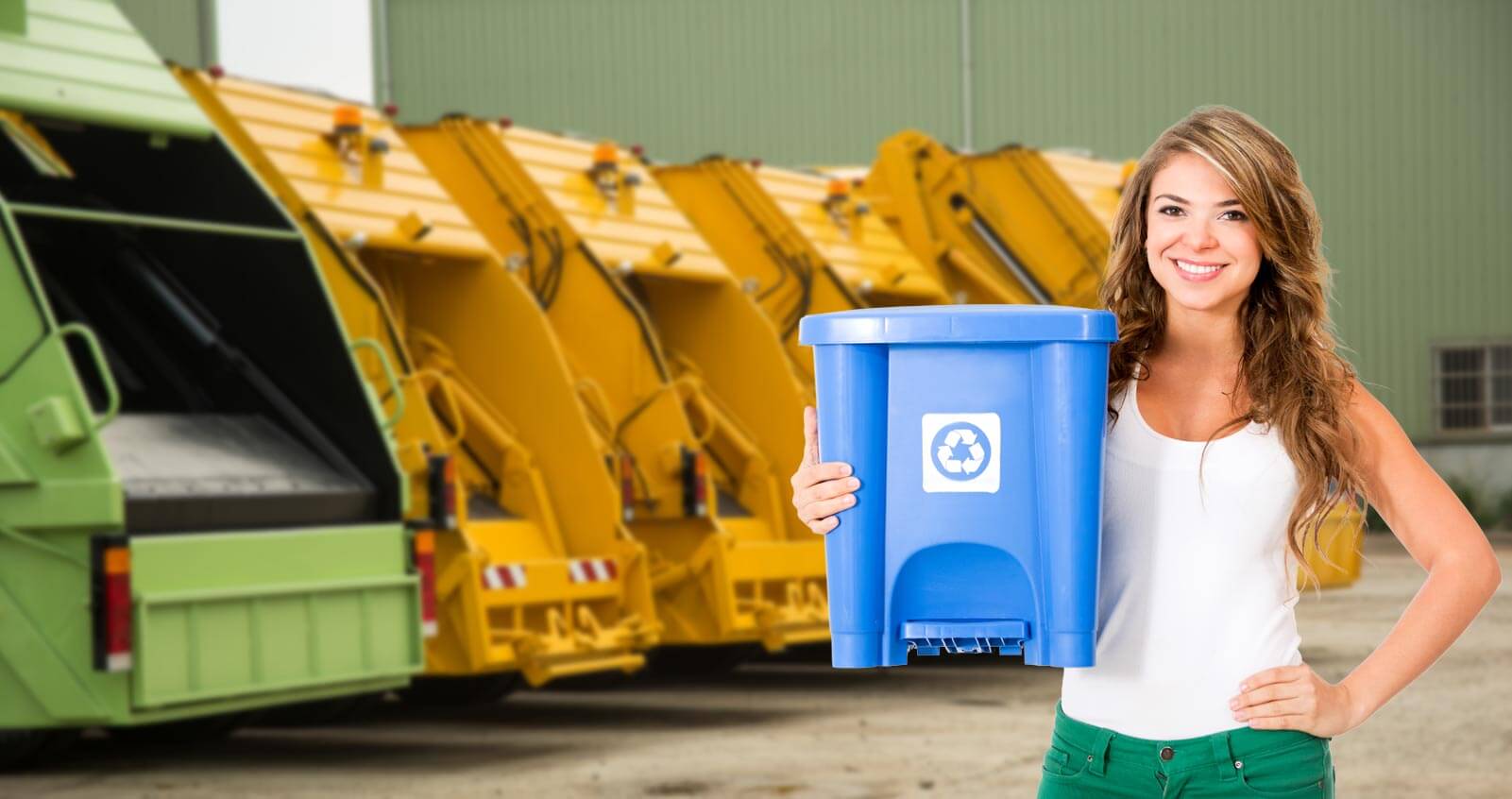The Rise of Plant-Based Plastics
Posted on 02/07/2025
The Rise of Plant-Based Plastics
Plastics have been ubiquitous in modern life, found in everything from packaging materials to electronics. However, the environmental impact of traditional petroleum-based plastics is causing a shift towards more sustainable alternatives. One such alternative that has gained significant traction in recent years is plant-based plastics. This article delves into the rise of plant-based plastics, examining their growth, advantages, challenges, and potential future.
Understanding Plant-Based Plastics
Plant-based plastics, also known as bioplastics, are derived from renewable biological sources like corn starch, sugarcane, and cellulose. Unlike conventional plastics that rely on fossil fuels, plant-based plastics offer a more environmentally-friendly alternative. These plastics can be either biodegradable or non-biodegradable, and they have a wide range of applications, including packaging, agriculture, textiles, and more.

The Growth of Plant-Based Plastics
The market for plant-based plastics has seen significant growth over the past decade. Several factors have contributed to this rise, including:
1. **Environmental Awareness**: Increasing awareness about environmental pollution and the impact of plastic waste has driven consumer demand for sustainable alternatives.
2. **Technological Advancements**: Improvements in technology have made it easier to produce plant-based plastics that are competitive with traditional plastics in terms of performance and cost.
3. **Regulatory Support**: Governments and international bodies are implementing regulations to reduce plastic waste and encourage the use of bioplastics.
According to market research, the global bioplastics market is expected to reach over $10 billion by 2025, growing at a compound annual growth rate of around 15%.
Pros of Plant-Based Plastics
Plant-based plastics offer several advantages over traditional plastics:
1. **Reduced Carbon Footprint**: The production of plant-based plastics tends to emit fewer greenhouse gases compared to petroleum-based plastics.
2. **Biodegradability**: Many plant-based plastics are designed to biodegrade, reducing the amount of plastic waste that ends up in landfills and oceans.
3. **Renewable Resources**: Since plant-based plastics are derived from renewable resources, they contribute to sustainable resource management.
4. **Reduced Dependency on Fossil Fuels**: By replacing petroleum with plant-based materials, these plastics help in reducing dependency on finite fossil fuels.
Cons of Plant-Based Plastics
Despite their benefits, plant-based plastics have their own set of challenges:
1. **Cost**: Currently, plant-based plastics are often more expensive to produce than conventional plastics.
2. **Limited Biodegradability**: Not all plant-based plastics are biodegradable, and their environmental impact can vary.
3. **Resource Use**: The production of plant-based plastics can require significant amounts of water, land, and energy, potentially leading to other environmental issues.
4. **Performance**: Some plant-based plastics may not offer the same level of durability and resistance as traditional plastics.
Tips for Adopting Plant-Based Plastics
1. **Check Certification**: Look for products that are certified biodegradable or compostable by recognized organizations.
2. **Understand Usage**: Identify the specific needs and applications for which plant-based plastics are suitable.
3. **Support Brands**: Choose brands that prioritize sustainability and transparency in their use of bioplastics.
4. **Educate Yourself**: Stay informed about the latest advancements and developments in plant-based plastics.

Key Takeaways
1. **Growing Market**: The demand for plant-based plastics is on the rise due to increasing environmental awareness and regulatory support.
2. **Sustainability**: These plastics offer a more sustainable alternative to traditional petroleum-based plastics, although they come with their own set of challenges.
3. **Balanced Approach**: A balanced approach that mitigates the cons while leveraging the pros is essential for widespread adoption.
Conclusion
Plant-based plastics represent a promising step towards a more sustainable future. While there are challenges, the benefits they offer in terms of reduced carbon footprint, biodegradability, and renewable sourcing make them a valuable option in the fight against plastic pollution. As technology continues to advance, and as consumers and manufacturers increasingly prioritize sustainability, the adoption of plant-based plastics is likely to accelerate, driving further innovation and improvement in this vital sector.




